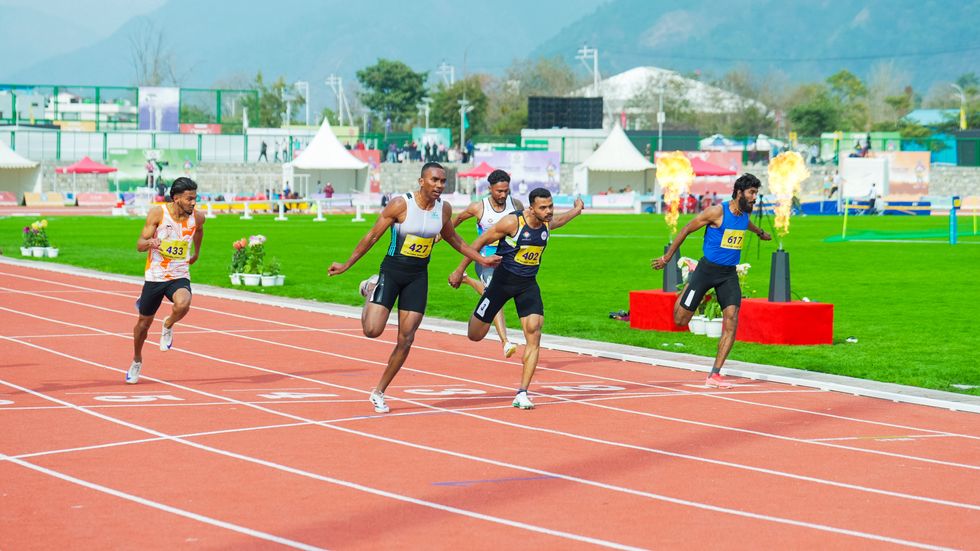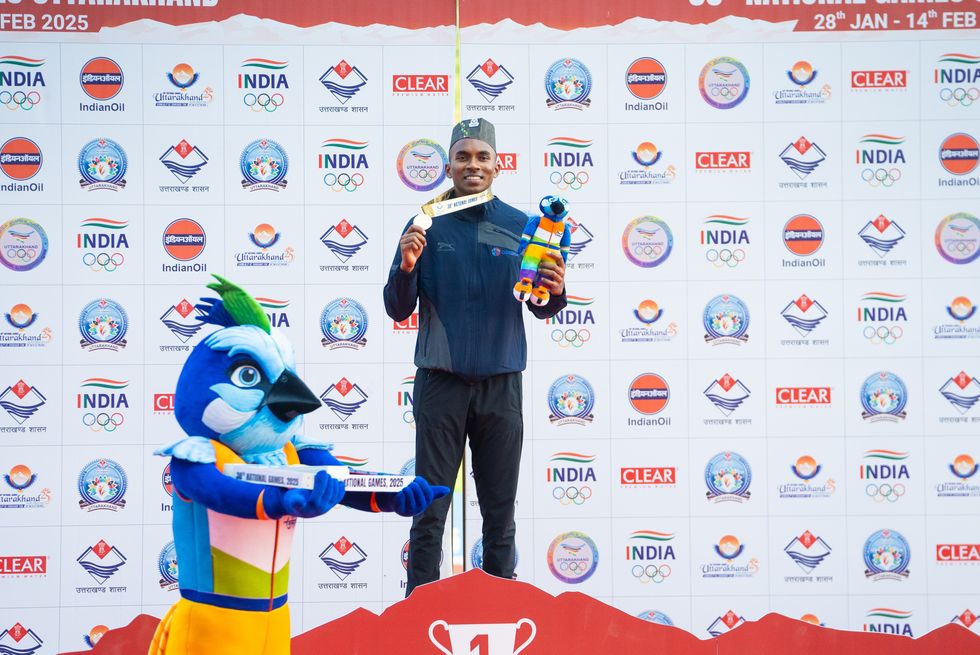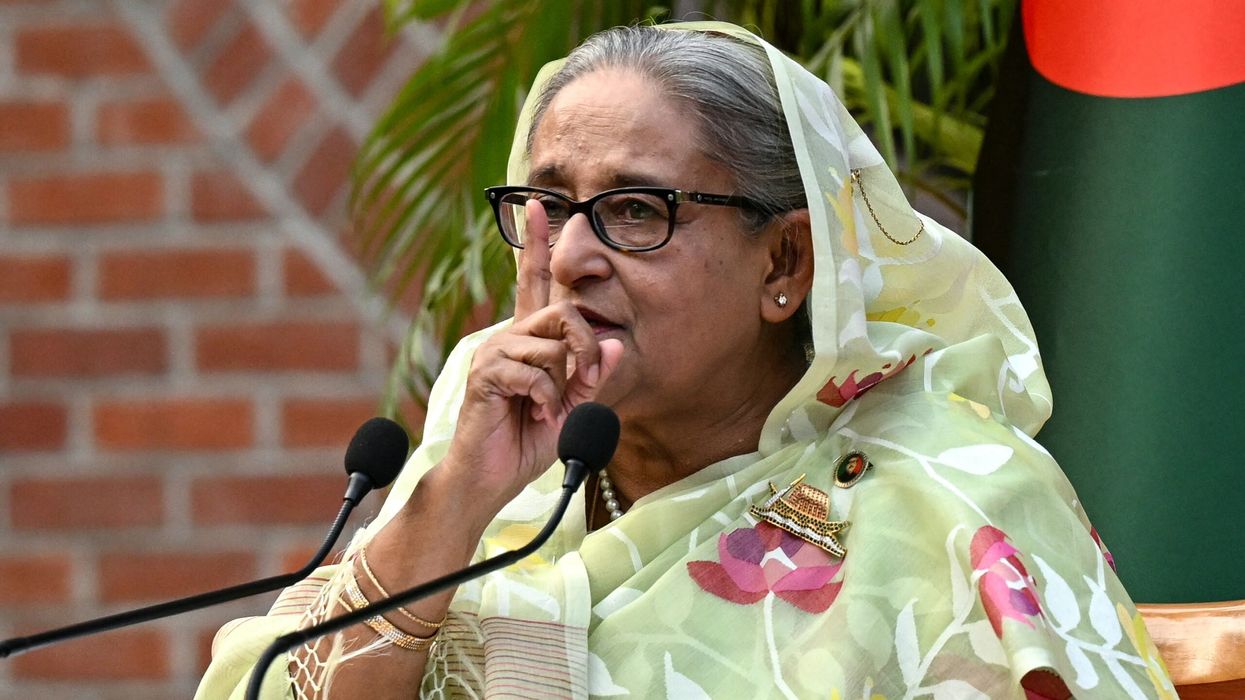KEIR STARMER announced on Tuesday that the UK will increase its annual defence spending to 2.5 per cent of GDP by 2027, with a long-term aim of reaching 3 per cent in the next parliament.
The increase will be funded by reducing the international aid budget from 0.5 per cent to 0.3 per cent of national income.
Speaking in parliament, the prime minister said the rise in defence spending would be the “biggest sustained increase since the end of the Cold War” and was necessary to modernise military capabilities.
He also set an ambition for spending to reach 3 per cent of GDP in the next parliamentary term.
The announcement comes ahead of Starmer’s visit to Washington, where he will meet US president Donald Trump for talks on Ukraine.
Trump has urged NATO allies to significantly increase their defence spending, calling for contributions to reach 5 per cent of GDP.
The UK spent 2.3 per cent of GDP on defence in the 2023/24 financial year. Starmer’s Labour government had previously committed to increasing spending to 2.5 per cent but had not set a timeline.
"The nature of warfare has changed significantly. That is clear from the battlefield in Ukraine, and so we must modernise and reform our capabilities as we invest," Starmer said. "This investment means that the UK will strengthen its position as a leader in NATO and in the collective defence of our continent, and we should welcome that role."
The increase will see an additional £13.4 billion allocated to defence annually from 2027. The defence ministry said the UK spent £53.9 bn in 2023/24.
To accommodate the higher spending, the international aid budget will be cut to 0.3 per cent of gross national income.
The last reduction in aid spending was in 2020, when it was lowered from 0.7 per cent to 0.5 per cent due to economic pressures from the Covid-19 pandemic.
"This is a short-sighted and appalling move by both the PM and Treasury," said Romilly Greenhill, chief executive of Bond, a network for international development and humanitarian organisations.
Diplomatic backdrop
Starmer’s announcement comes ahead of his first meeting with Trump as UK prime minister.
Trump has repeatedly called on NATO members to increase defence spending, and NATO secretary general Mark Rutte has also urged member states to exceed the 2 per cent target set a decade ago.
Germany’s likely next chancellor, Friedrich Merz, has also pledged to increase military spending but faces potential political opposition.
Starmer will use his Washington visit to reaffirm the UK’s support for Ukraine and discuss European security commitments. He has said Britain is open to providing security guarantees for Ukraine but only in coordination with other European countries.
He is also seeking a US commitment to back any European security arrangement, arguing that such a guarantee is necessary to prevent further Russian aggression.
Starmer will be the second European leader to meet Trump since the US president signalled a shift in approach to the Ukraine war.
French president Emmanuel Macron met Trump earlier this week and discussed the potential deployment of European peacekeeping forces, but the US has not confirmed its role in such efforts.
(With inputs from agencies)








 Kujur's transformation began when he joined the Reliance Foundation programme in December 2022
Kujur's transformation began when he joined the Reliance Foundation programme in December 2022












